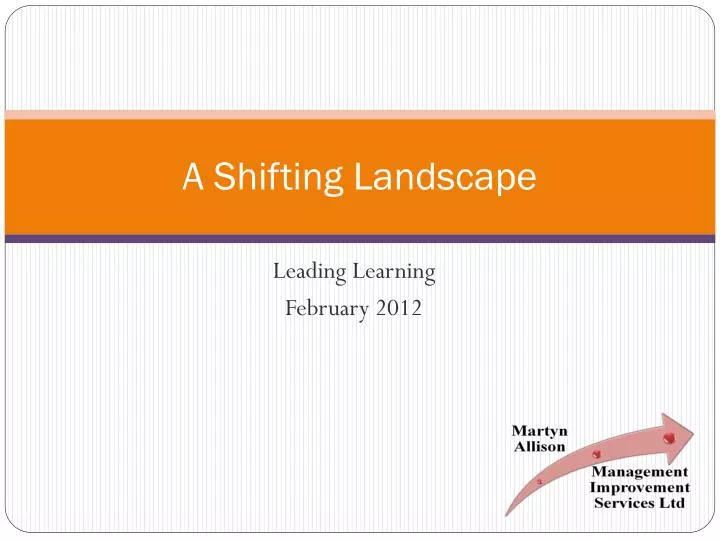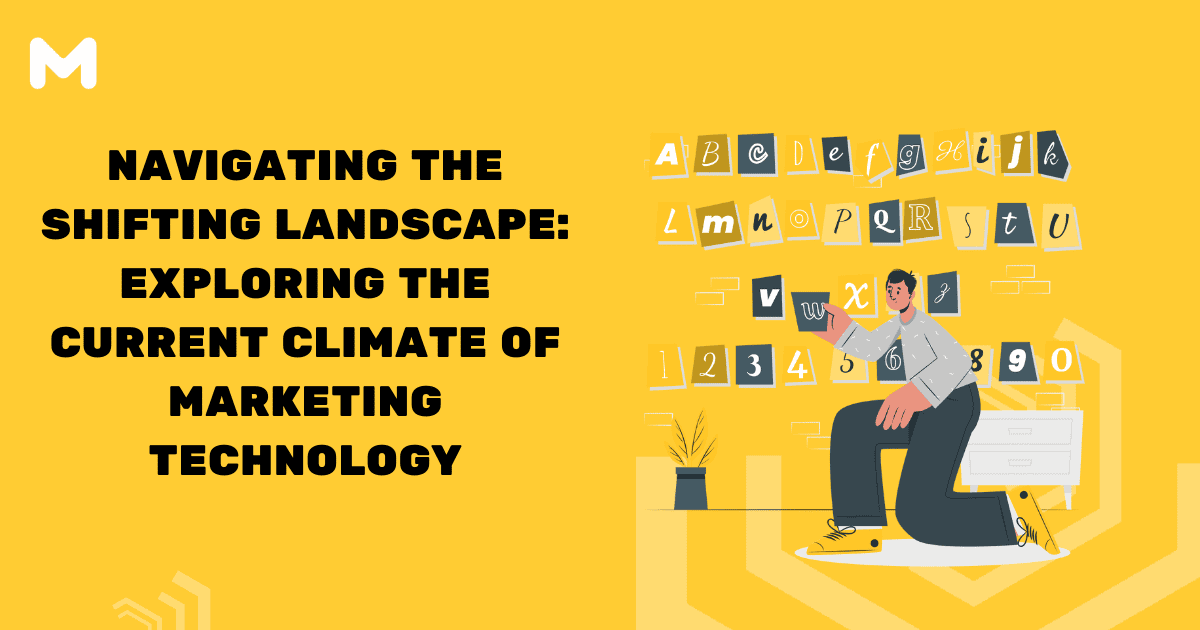Understanding the Shifting Landscape: A Comprehensive Look at the First World in the 21st Century
Related Articles: Understanding the Shifting Landscape: A Comprehensive Look at the First World in the 21st Century
Introduction
In this auspicious occasion, we are delighted to delve into the intriguing topic related to Understanding the Shifting Landscape: A Comprehensive Look at the First World in the 21st Century. Let’s weave interesting information and offer fresh perspectives to the readers.
Table of Content
Understanding the Shifting Landscape: A Comprehensive Look at the First World in the 21st Century

The concept of "First World" is a relic of the Cold War, a categorization that once neatly divided the globe into blocs aligned with the United States (First World) and the Soviet Union (Second World), with the remaining nations classified as Third World. This binary system, while useful in the context of the Cold War, has become increasingly outdated and inaccurate in the 21st century.
While the term "First World" still lingers in common parlance, it no longer holds the same geopolitical weight. The world has undergone significant transformations, with emerging economies gaining prominence, technological advancements bridging geographical divides, and complex global challenges demanding collaborative solutions.
The Evolving Definition of "First World": A Historical Perspective
The term "First World" emerged in the 1940s to describe nations aligned with the Western bloc during the Cold War. These countries were characterized by:
- Developed economies: High levels of industrialization, technological advancement, and per capita income.
- Democratic governance: Emphasis on individual rights, freedom of speech, and democratic institutions.
- Strong military capabilities: Significant military budgets and advanced military technology.
- Global influence: Active participation in international organizations and significant diplomatic power.
While the term "First World" initially provided a clear framework for understanding global power dynamics, its limitations became apparent as the world evolved.
The Rise of Emerging Economies: A New Global Order
The 21st century has witnessed the emergence of powerful economies in Asia, Latin America, and Africa. These nations, often referred to as "emerging markets" or "BRICS" (Brazil, Russia, India, China, and South Africa), have experienced rapid economic growth, technological innovation, and increasing political influence.
The rise of these emerging economies has significantly altered the global landscape, challenging the traditional power structures and forcing a reevaluation of the "First World" concept.
Beyond Economic Indicators: A Multifaceted Approach to Defining Development
While economic indicators like GDP per capita and industrialization remain important markers of development, a comprehensive understanding of the "First World" requires a broader perspective. Factors such as:
- Social indicators: Access to healthcare, education, and social welfare programs.
- Environmental sustainability: Policies and practices promoting environmental protection and resource management.
- Human rights: Respect for fundamental human rights and civil liberties.
- Technological advancement: Levels of technological innovation and digital infrastructure.
- Global interconnectedness: Participation in international trade, diplomacy, and cultural exchange.
These multifaceted aspects provide a more nuanced picture of development, highlighting the complexities of defining a "First World" in the 21st century.
Navigating the Shifting Landscape: Implications for the Future
The evolving global landscape requires a reevaluation of traditional categorizations like "First World." The future of development lies in recognizing the interconnectedness of nations and the importance of collaboration in addressing global challenges such as climate change, poverty, and inequality.
The Importance of a Holistic Perspective
A holistic approach to understanding development emphasizes the interconnectedness of economic, social, environmental, and technological factors. This perspective recognizes that progress in one area can be contingent on progress in others, and that sustainable development requires a balanced approach.
The Rise of Multipolarity: A New World Order
The rise of emerging economies and the increasing interconnectedness of nations have led to a more multipolar world. This shift in power dynamics necessitates a more collaborative and inclusive approach to global governance.
The Need for Global Cooperation
Addressing global challenges requires international cooperation and the sharing of knowledge, resources, and technology. This collaborative approach is crucial for achieving sustainable development and promoting global peace and security.
FAQs: Understanding the "First World" in the 21st Century
1. Is the term "First World" still relevant today?
While the term "First World" remains in common usage, its relevance has diminished due to the rise of emerging economies and the changing global landscape. The term is increasingly seen as outdated and inadequate for capturing the complexities of the 21st century.
2. What are the key characteristics of a "First World" nation in the 21st century?
Defining a "First World" nation in the 21st century requires a multifaceted approach that considers economic indicators, social well-being, environmental sustainability, human rights, technological advancement, and global interconnectedness.
3. How does the rise of emerging economies impact the "First World" concept?
The emergence of powerful economies in Asia, Latin America, and Africa has significantly altered the global landscape, challenging the traditional power structures and forcing a reevaluation of the "First World" concept.
4. What are the implications of the evolving global landscape for the future?
The evolving global landscape necessitates a reevaluation of traditional categorizations like "First World." The future of development lies in recognizing the interconnectedness of nations and the importance of collaboration in addressing global challenges.
5. What are the benefits of a holistic approach to understanding development?
A holistic approach to understanding development emphasizes the interconnectedness of economic, social, environmental, and technological factors. This perspective recognizes that progress in one area can be contingent on progress in others, and that sustainable development requires a balanced approach.
Tips for Navigating the Shifting Landscape
- Embrace a global perspective: Recognize the interconnectedness of nations and the importance of collaboration in addressing global challenges.
- Stay informed about emerging economies: Understand the rise of emerging markets and their impact on the global landscape.
- Focus on sustainable development: Promote policies and practices that address economic, social, and environmental concerns.
- Engage in international cooperation: Participate in collaborative efforts to address global challenges such as climate change, poverty, and inequality.
- Promote human rights and civil liberties: Advocate for the respect of fundamental human rights and civil liberties worldwide.
Conclusion
The "First World" concept, a product of the Cold War era, has become increasingly outdated and inaccurate in the 21st century. The rise of emerging economies, technological advancements, and complex global challenges have fundamentally altered the global landscape, demanding a more nuanced and holistic approach to understanding development. The future lies in recognizing the interconnectedness of nations and the importance of collaboration in addressing global challenges, fostering a more equitable and sustainable world for all.



/https://blog.ofbusiness.com/wp-content/uploads/2023/11/Understanding-Shifting-Dynamics-Of-Global-Petrochemical-Landscape.png)


Closure
Thus, we hope this article has provided valuable insights into Understanding the Shifting Landscape: A Comprehensive Look at the First World in the 21st Century. We appreciate your attention to our article. See you in our next article!
